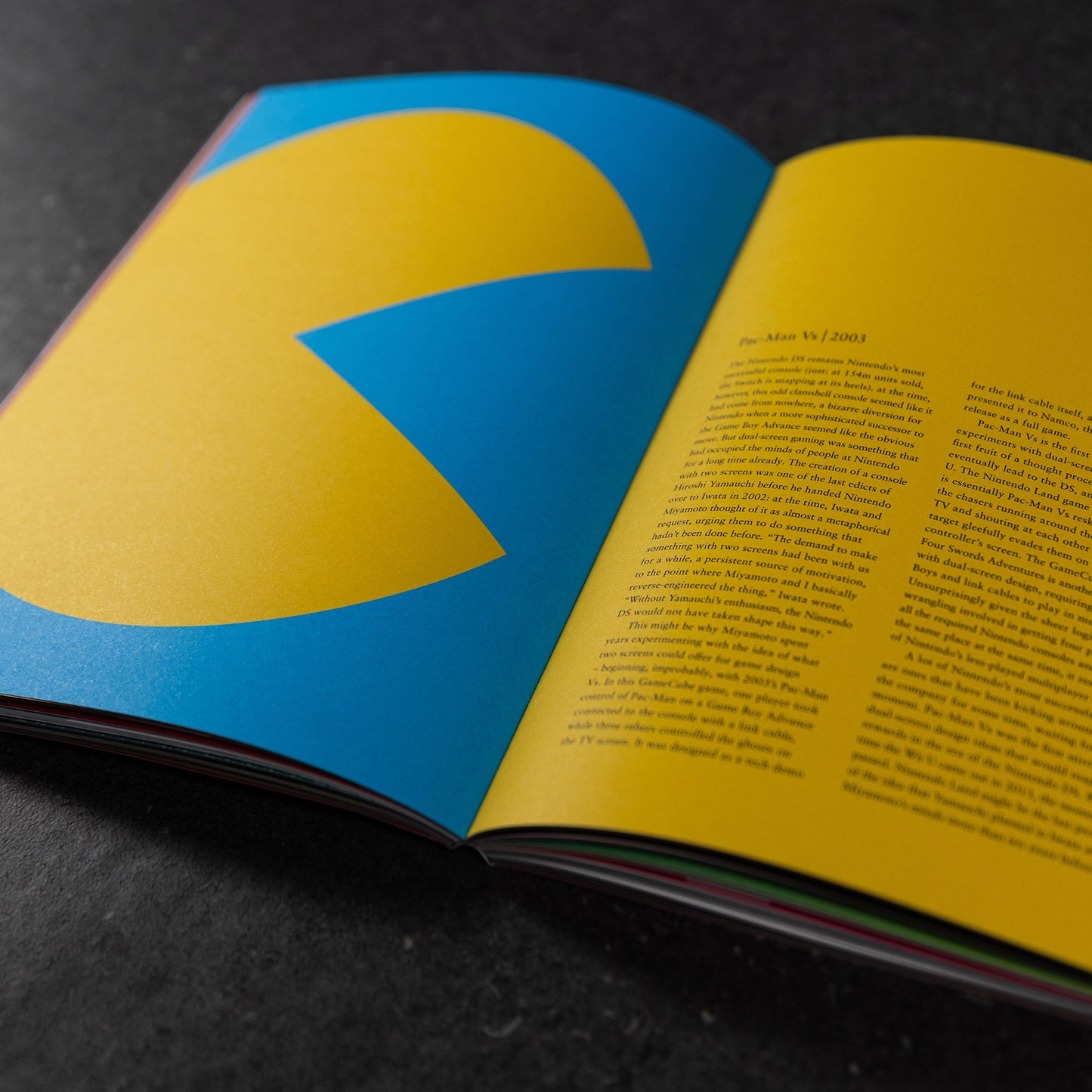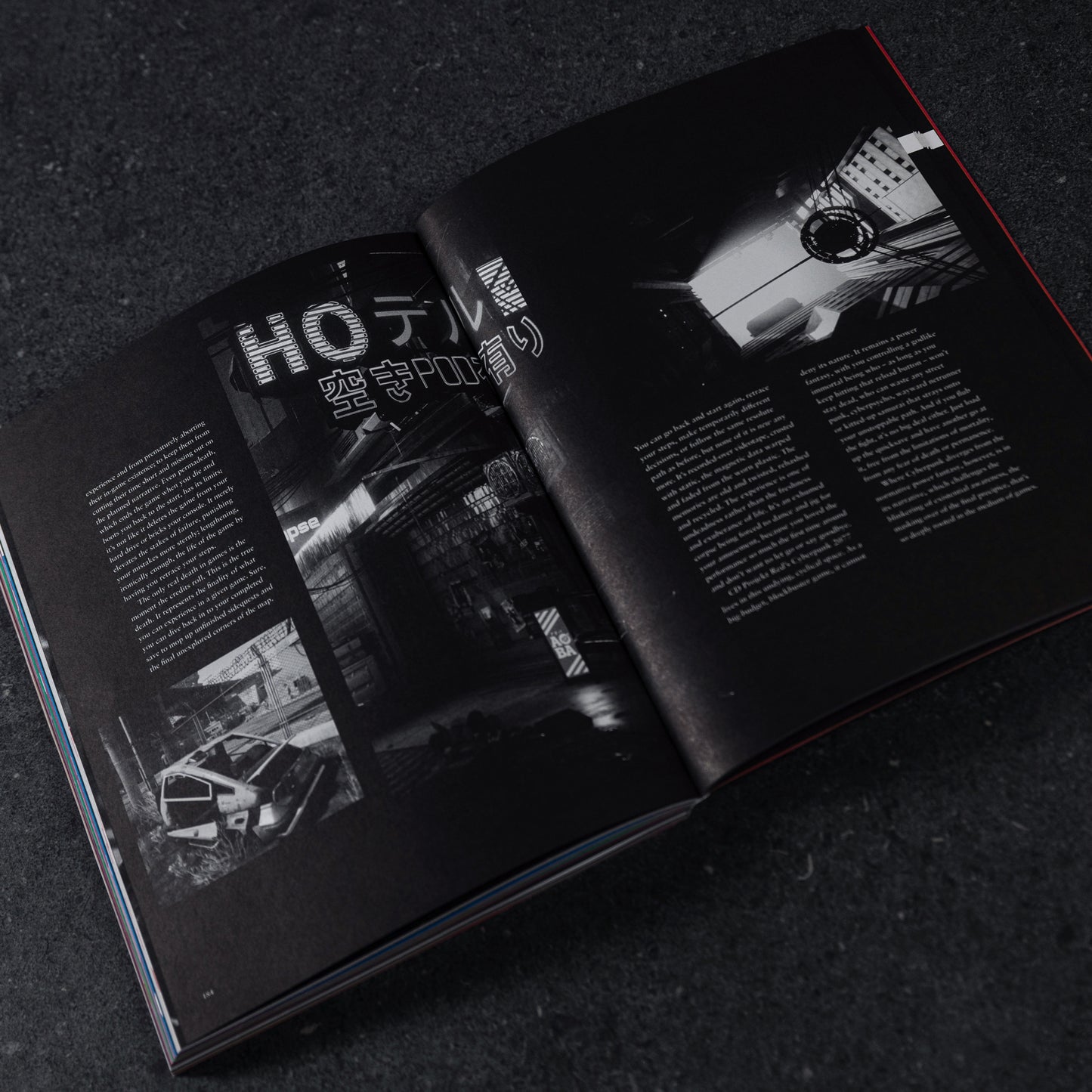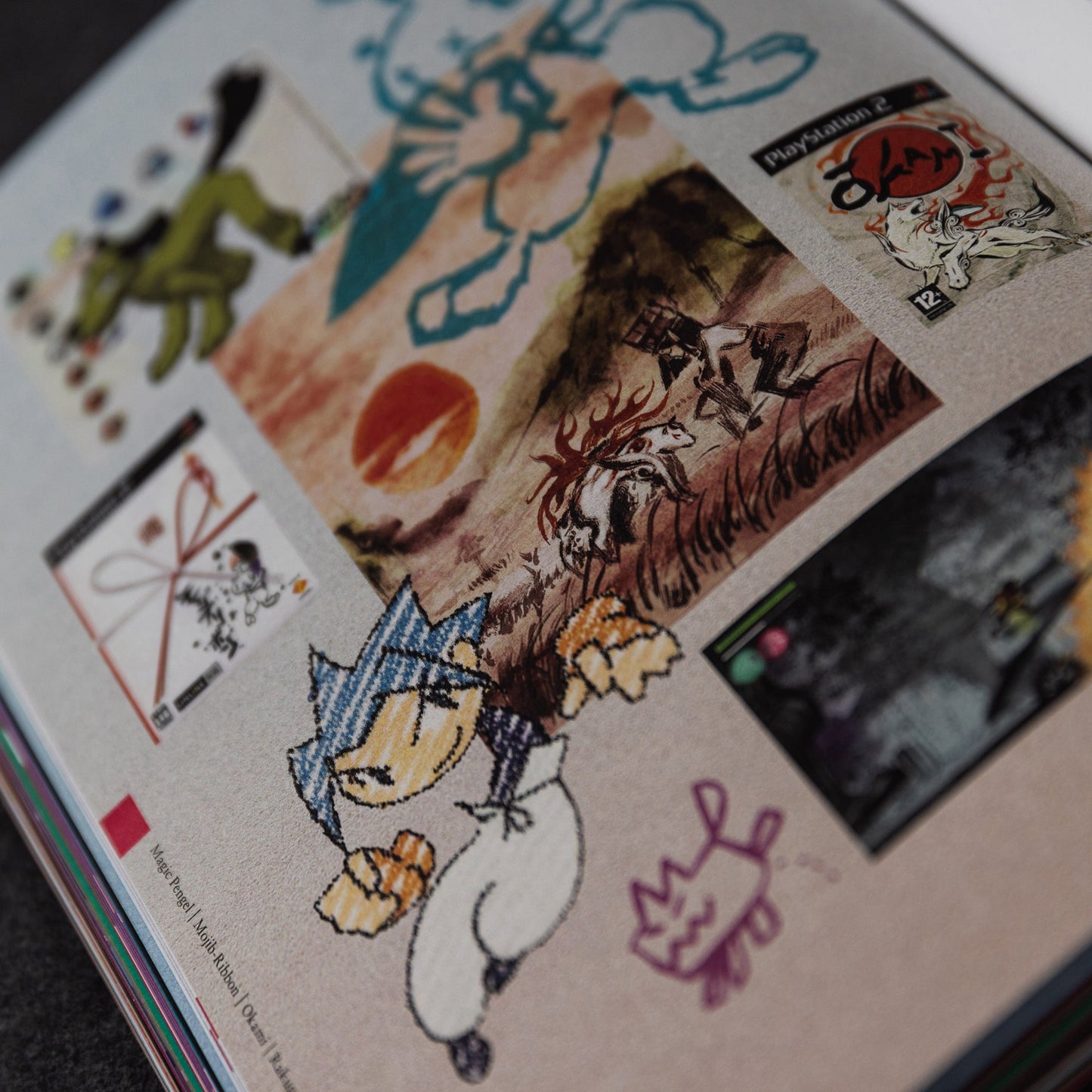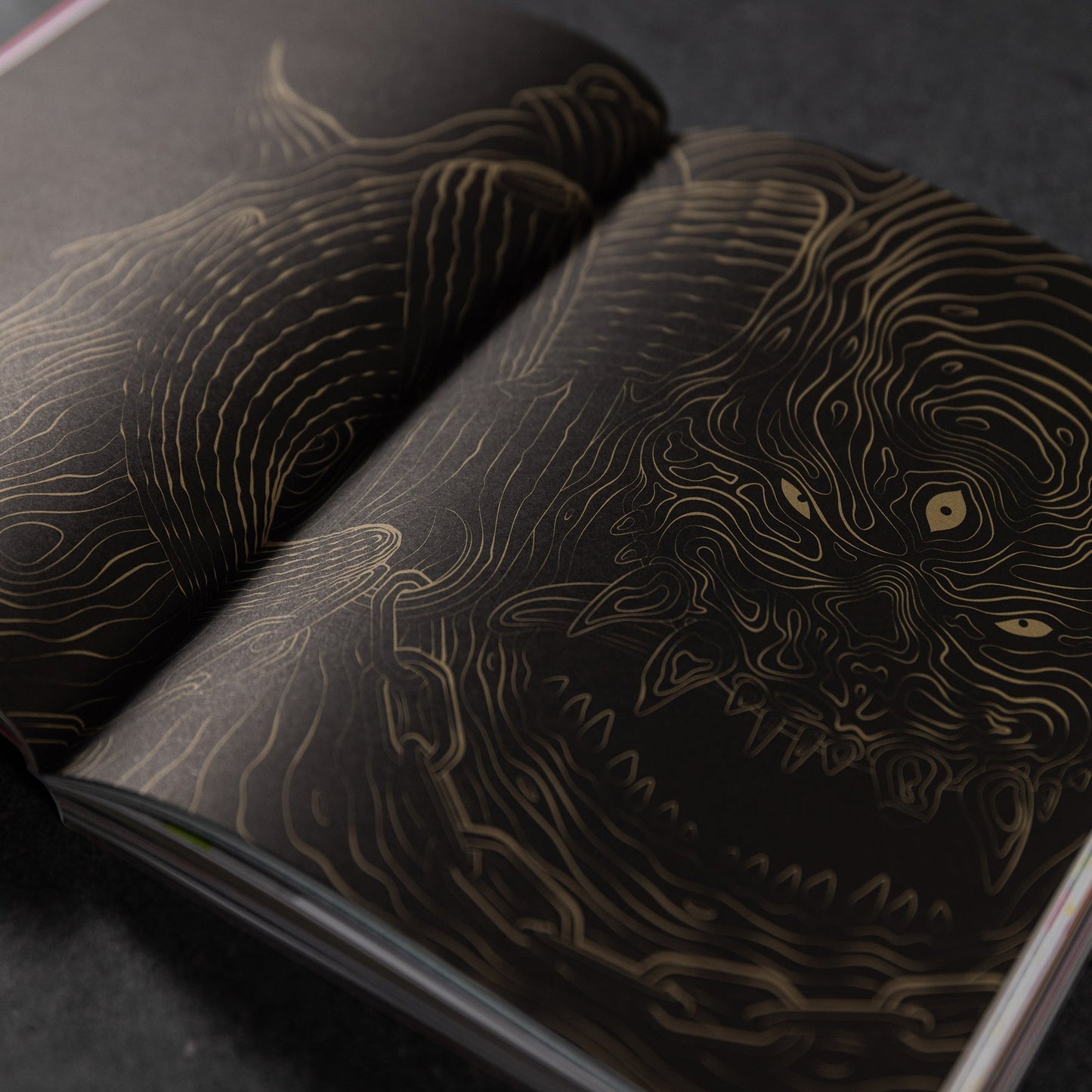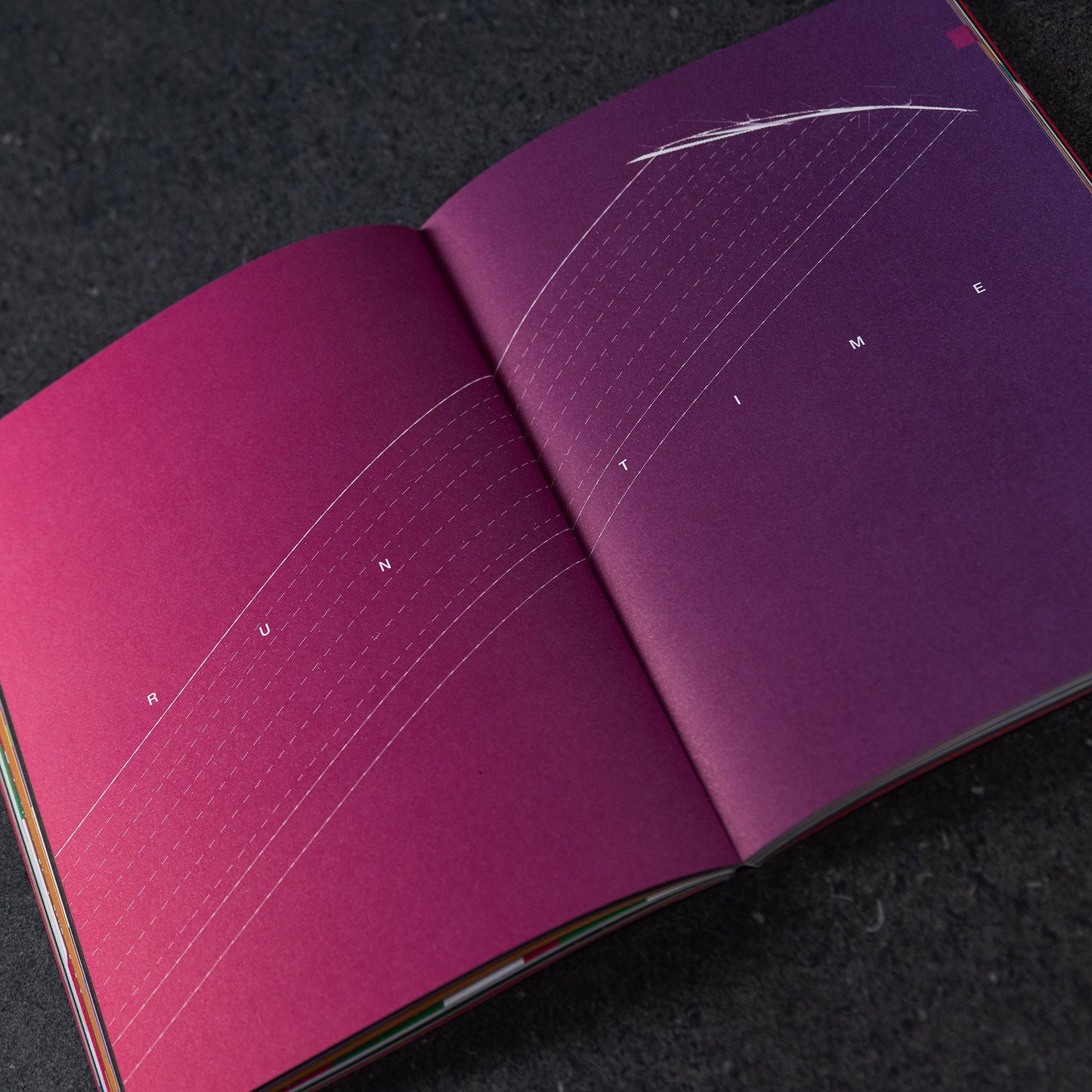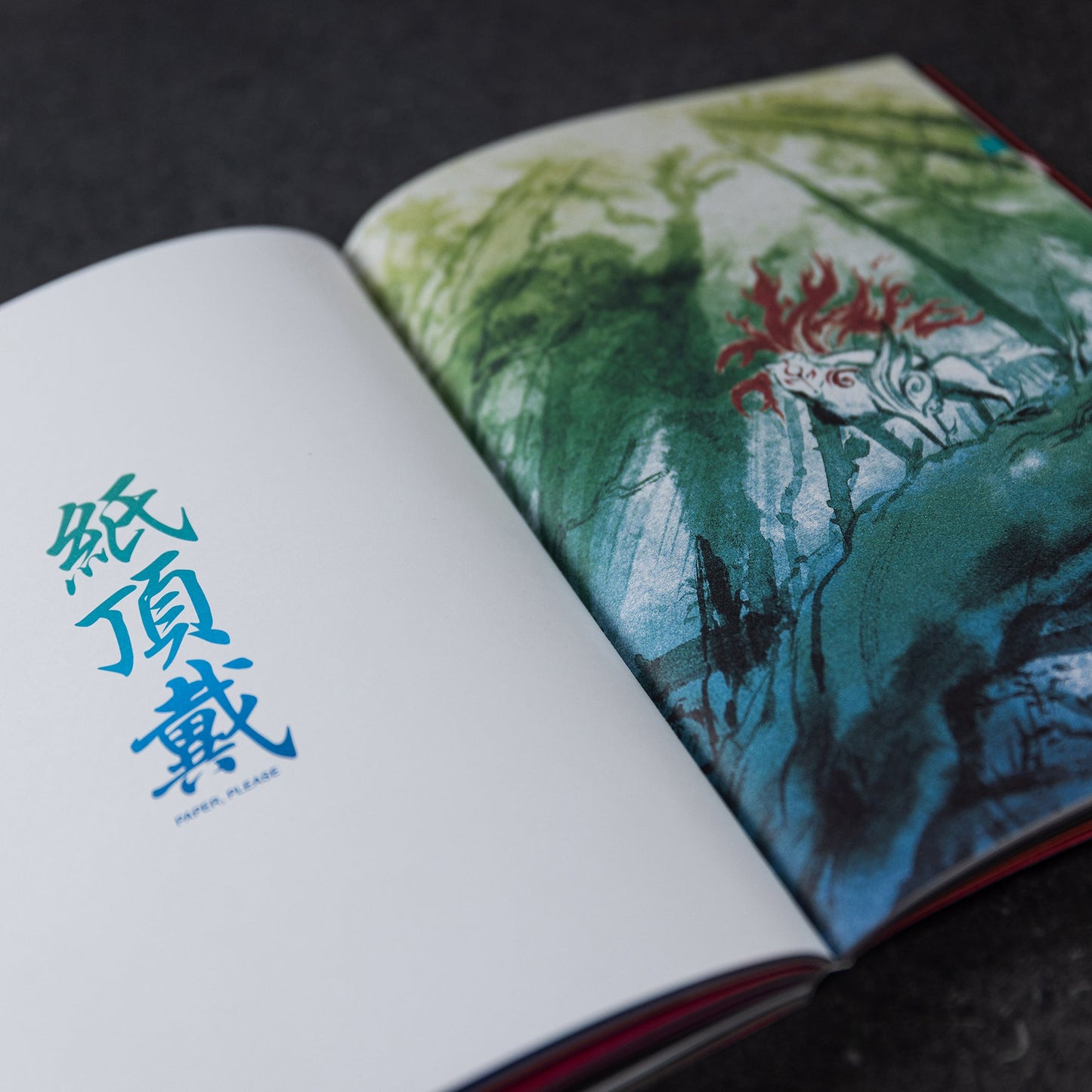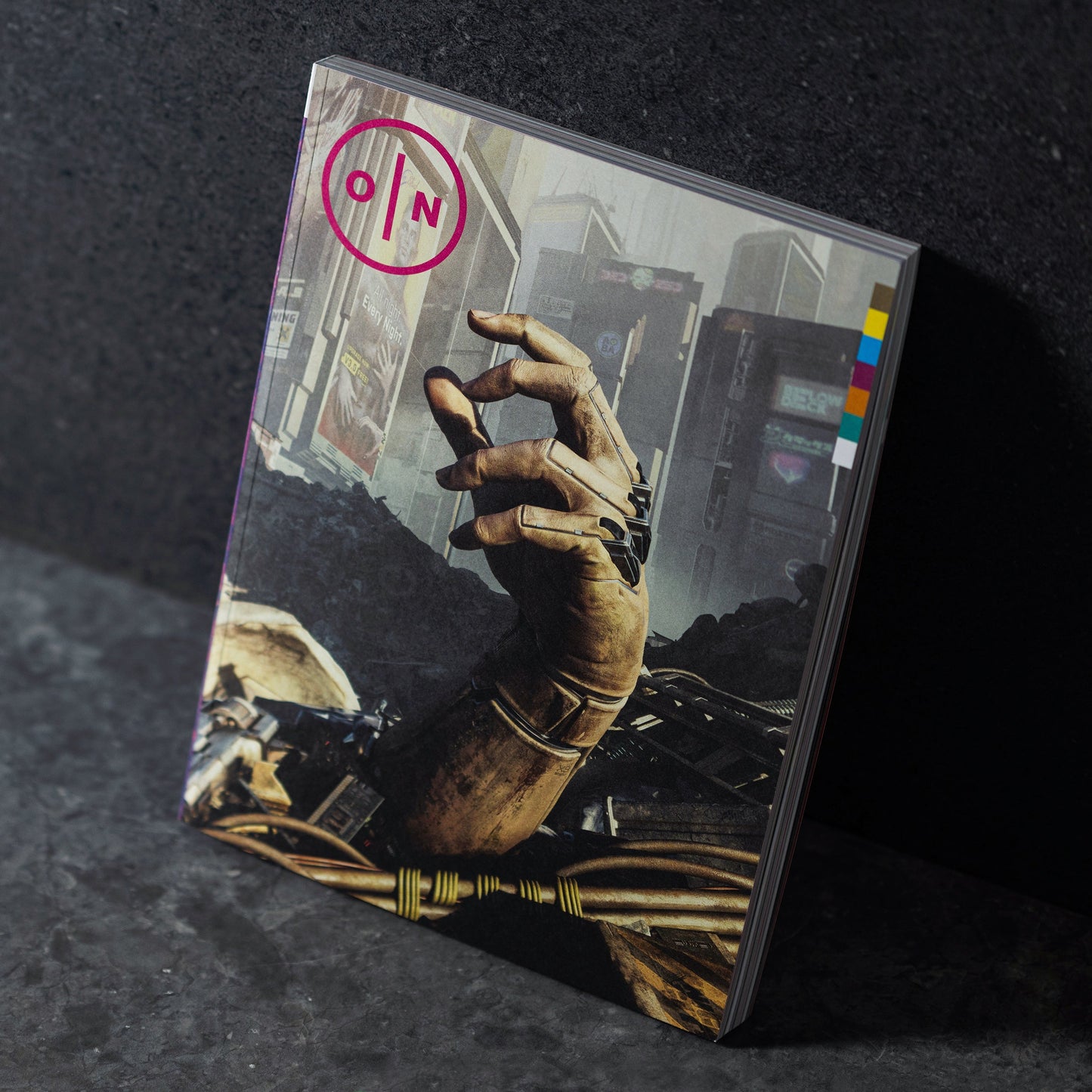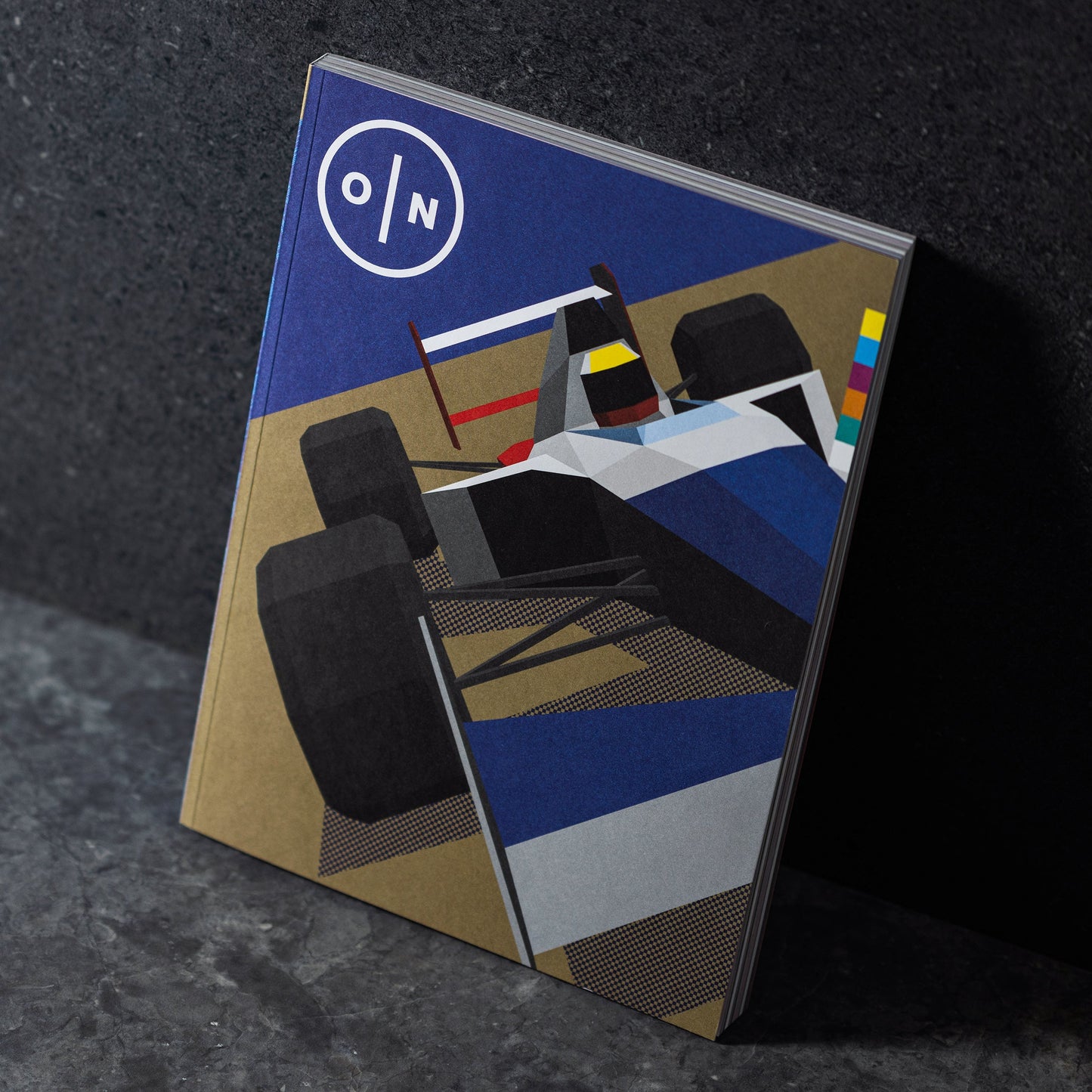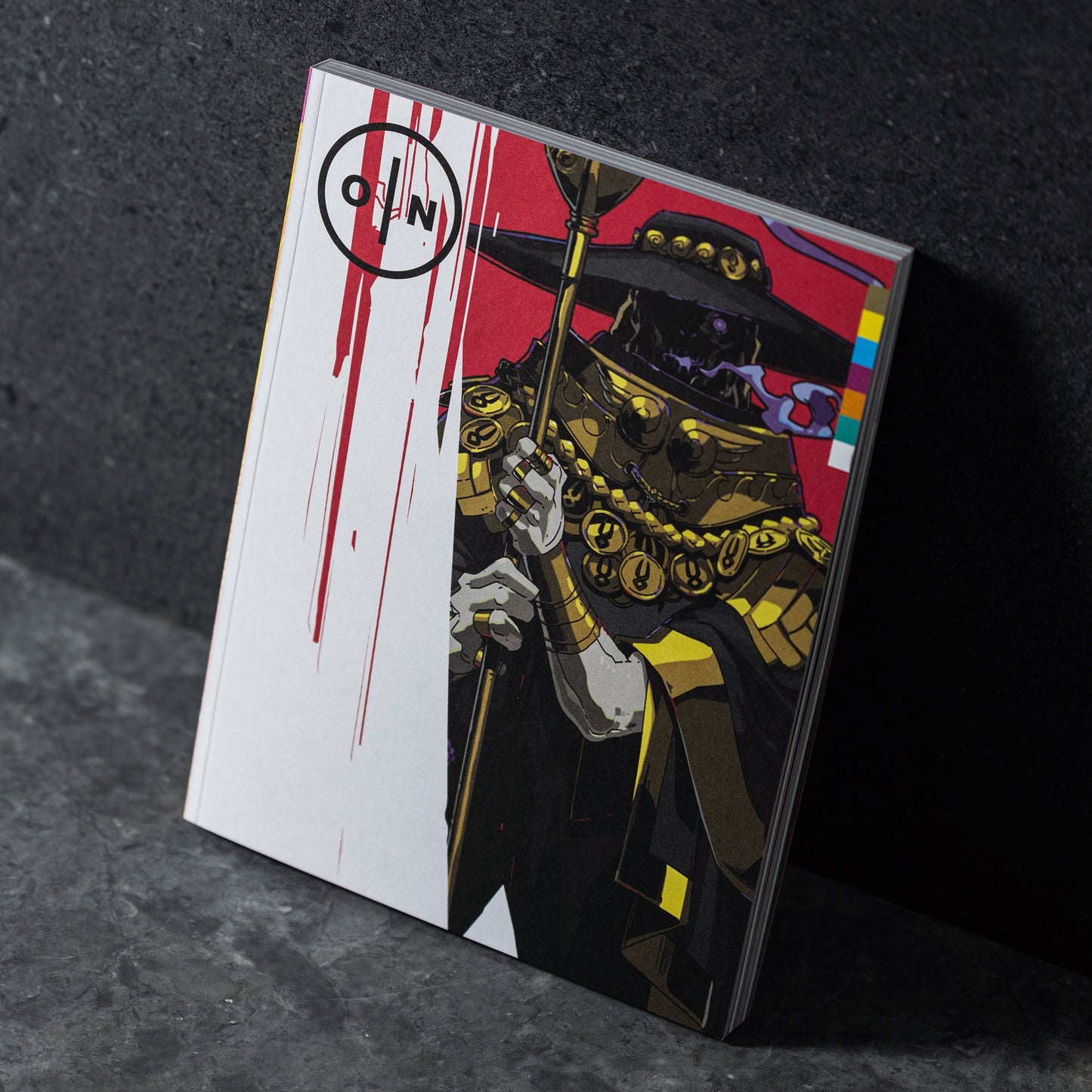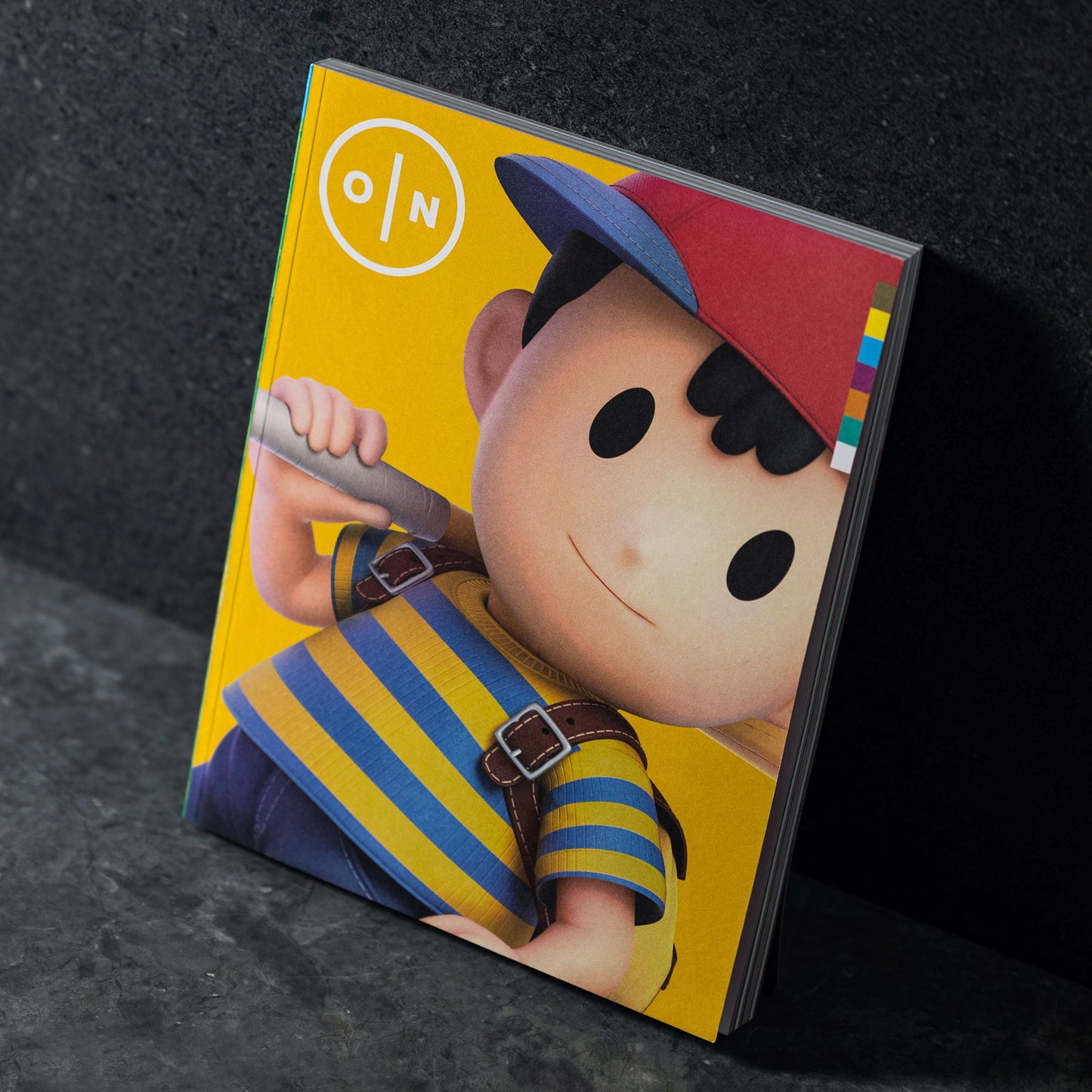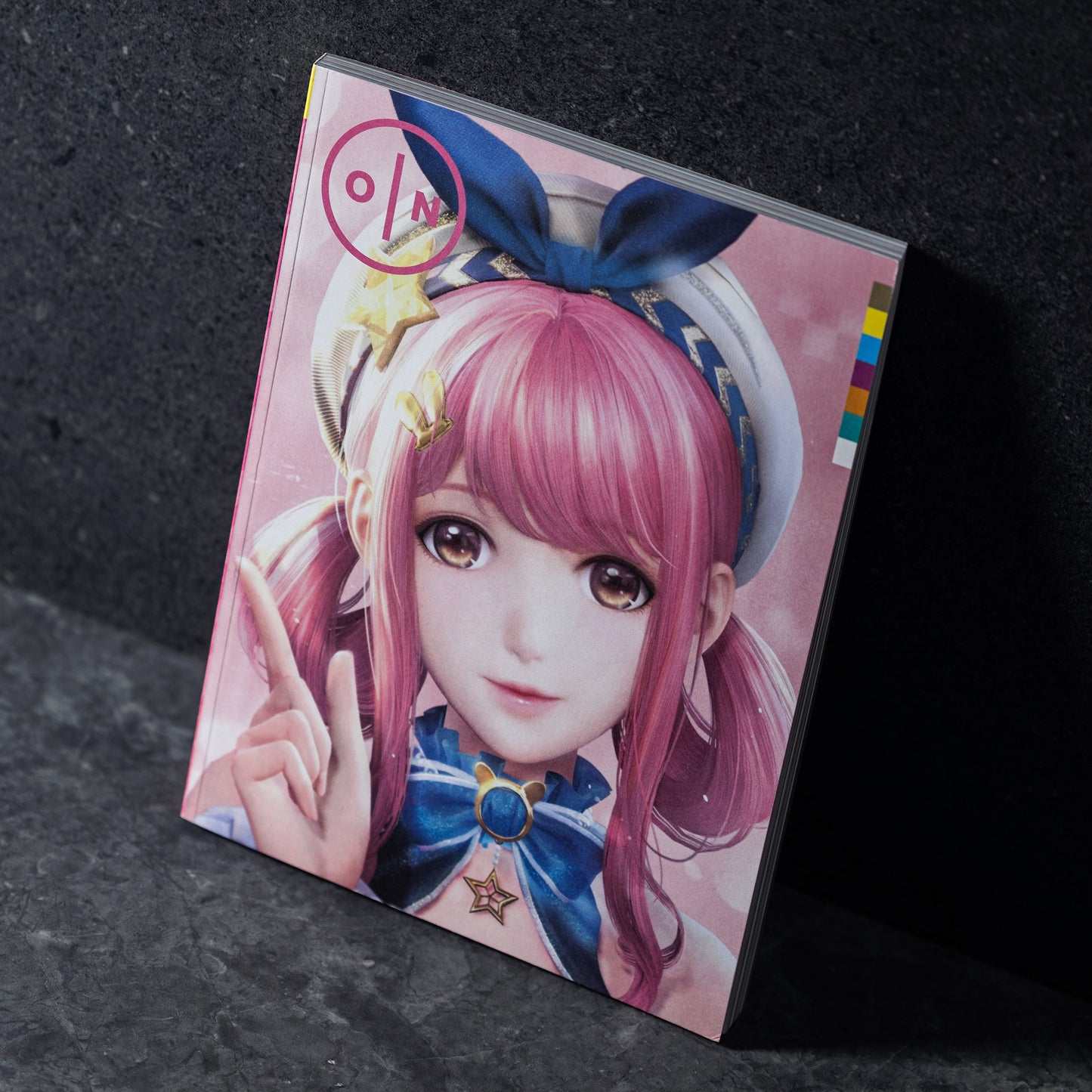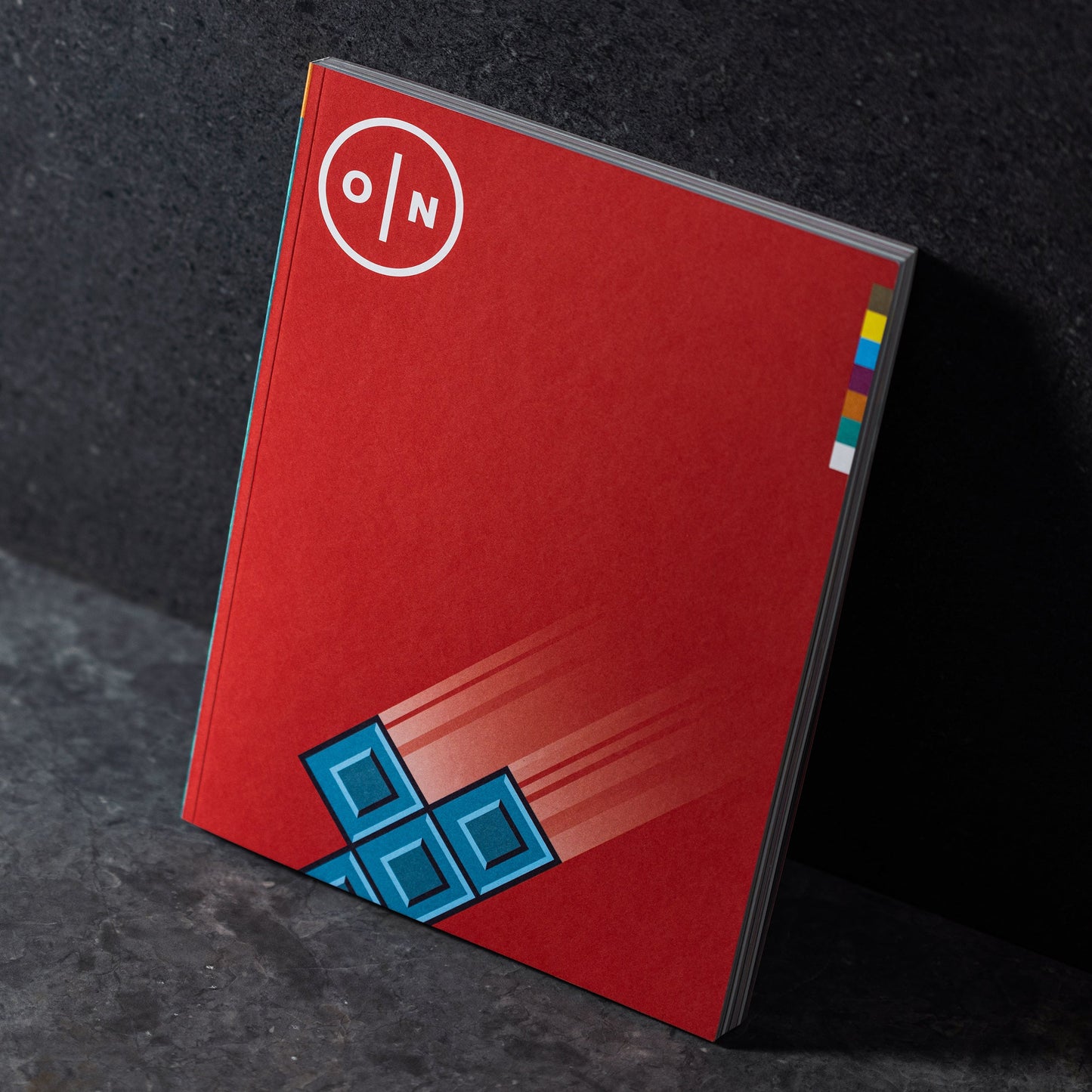Keza MacDonald ON games that changed Nintendo

Interview with Keza MacDonald
In a decision that delighted her parents, Keza dropped out of school to work on a games magazine, and has been writing and talking about them for a living ever since. She was UK games editor at IGN, founding editor of Kotaku UK, and is now The Guardian’s games editor. She co-authored a book about Dark Souls, You Died, in 2016, and is currently working on the forthcoming book Super Nintendo: How One Japanese Company Helped the World Have Fun.
Keza ON games that changed Nintendo in ON: Volume One.
In your piece you talk about your early experiences of Nintendo. What was it like to get that first SNES?
Keza MacDonald: You know that infamous YouTube video of the little pair of siblings opening a Nintendo 64 for Christmas and absolutely losing their tiny minds? That was me, the Christmas I got a SNES from my rather technophobic parents after what must have felt, to them, like an intolerable period of begging. Before that day, I would sit in the supermarket reading Nintendo magazines whilst my mum did the shopping, imagining from the words and tiny screenshots what video games must be like. It's remarkable that any of the actual games lived up to what was going on inside my overactive imagination.

You talk about measuring out your life based on the Nintendo game you were playing at the time. Why do you think these games are so linked to the moments we first encounter them? And is that still true for you?
Keza MacDonald: It's still true for me that particular games become associated with important periods of my life - good and bad. It's the same with songs and albums; the emotional and temporal associations are equally strong. I think often we find the game that gives us what we need at a particular time, whether that's comfort or distraction or escape or joy. During the absolute worst periods of pandemic depression, for instance, I became obsessed with Returnal, a game about repeating the same stretch of time over and over again, with nothing ever getting any easier. I will forever associate Monster Hunter with my first discombobulating weeks living in Japan, when I would never fail to find hunting companions with their own PSPs on the train or in a cafe. We find the game that either soothes or reinforces whatever's going on in the rest of our lives.
In your piece, you explain that the failure of Radar Scope was critical to Nintendo. Why was this, and do you think we spend enough time thinking about the positive ramifications of the right kind of failure?
Keza MacDonald: I think Radar Scope is one of the most important games in Nintendo's history precisely because it failed. It failed because it was derivative, too much like Space Invaders, and it forced the company to find something more novel - something that turned out to be Donkey Kong. That approach has since become ingrained at Nintendo. Not every novel idea that Nintendo comes up with is such a hit, of course - look at the Virtual Boy and the Wii U - but Nintendo has, almost uniquely, created an environment where it can weather failure in pursuit of novelty, rather than following trends. Look at how hamstrung other big game companies have become by a perceived need to serve the market what it already likes. Nintendo has known for a long time that that is not the path to success, because of things like Radar Scope.

When you went back to these Nintendo games, some of which you presumably hadn't played for a while, were there any surprises for you? Were some of them not quite the game you remembered?
Keza MacDonald: I was amazed by just how rudimentary that first iteration of Animal Crossing was compared to New Horizons. Comparatively, there really isn't much to do at all. And yet it's still got that personality that sucks you in. Link Between Worlds was even better than I remembered, actually, largely because in retrospect you really can see the ideas that would help Breath of the Wild take off. (It was also interesting to see a less successful version of Tears of the Kingdom's traversal between land and sky in Skyward Sword.)
Read the full feature in ON: Volume One:
ON: Volume One


